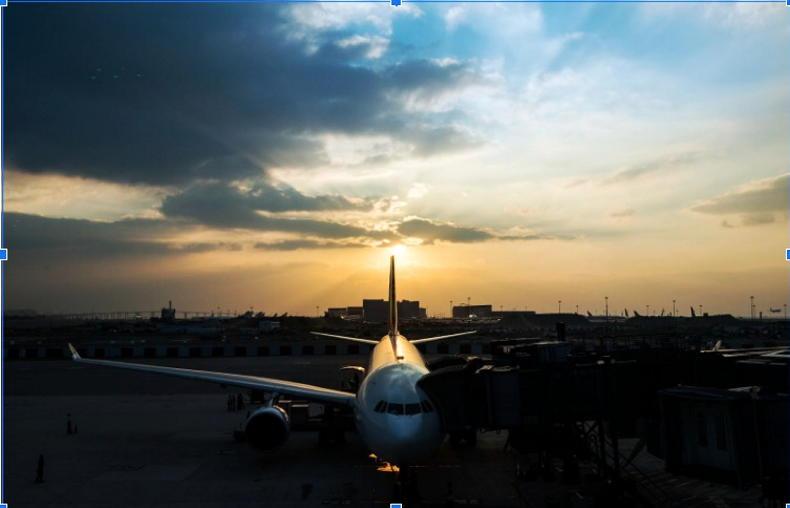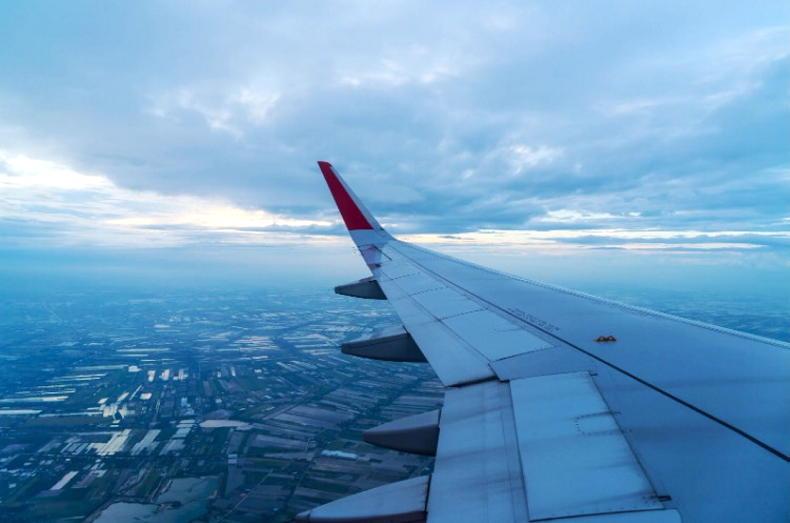The global pandemic was an unexpected challenge for many major airlines due to travel restrictions, strict protocols, and budget cuts. Subsequently, British Airways reported a £6.4 billion loss in 2020.
The challenges faced by British Airways and other major airlines can influence how companies handle customer complaints and compensation claims in the future. In this article, we’ll analyse the crisis strategies deployed by British Airways during the pandemic, and how they can improve future compensation management strategies.
A Brief History of British Airways
British Airways was formed in 1974 during the fusion of British Overseas Airways, British European Airways and associated companies. The major airline offers flights from various locations in the UK to destinations throughout Europe. Since the 1980s, British Airways has continued to adapt and merge with other companies to create one of the biggest names in aviation to date.
The effects of COVID-19 and global restrictions severely impacted the aviation sector. Many airlines responded by cancelling flights and significantly reducing their staff which resulted in devastating financial losses. Fortunately, British Airways and many other major aviation players survived the pandemic with careful responses and strategic planning.
British Airways also provides a clear outline of how customers can claim compensation for travel disruptions such as flight cancellations and delays. However, their claim process has been ranked one of the slowest by recent customers. You can find support for your compensation claim by visiting
https://www.skycop.com/compensation/british-airways/
The Challenges Faced
One of the biggest challenges faced by airlines during the pandemic was the lack of ability to offer flights to customers. During the pandemic, the number of international travellers decreased from 135 million passengers in 2019 to 35 million in 2020. Navigating the ongoing challenges of airport closures and reopenings was a huge task for airlines across the globe during this time.
Some of the additional requirements and regulations introduced to airports during the pandemic included the following:
Wearing a mask inside the airport and during the flight
Social distancing and hand washing were also advisable to all passengers inside the airport and onboard the aircraft. Passengers could be eligible for compensation for flights that were cancelled or rescheduled as a result of COVID-19. However, many airlines stated that coronavirus was an extraordinary circumstance and not suitable grounds for compensation.
The easiest way to claim compensation from British Airways is to complete the following steps:
There has been no record of employees claiming compensation from BA for pandemic restrictions. However, a recent survey by The European Transport Workers’ Federation revealed that over 58% of airport workers are out of work or on furlough due to post-pandemic cuts. Many employees were on flexible contracts that offered no protection during COVID-19 restrictions.

Strategies Implemented
COVID-19 has identified areas of weakness within airline business models and provided clarity on what customers require when they fly. Passengers need more convenience in terms of checking in and managing their booking. British Airways has also made adjustments to its aircraft to allow passengers to stay connected to Wifi and send messages for free.
British Airways offered its employees a 13% pay rise after COVID-19 and a £1,000 payment to support their return to work. Profits have been rising for BA since 2023 and the airline has promised to increase employee pay if inflation continues to rise. Passengers who suffered cancellations in 2020 could be eligible for an e-voucher or refund if their flight was cancelled between March and November 2020.
Results of the Strategies
According to The Telegraph, British Airways has hit record sales in recent years amid the global post-pandemic travel boom. The airline has doubled operating margins and profits since 2022 and continues to grow as travel demand increases. British Airways continues to develop its systems to benefit passengers and prevent flight disruptions.
However, customer satisfaction surveys from Which? Travel revealed that British Airways is among the poorest airlines for boarding experience and value for money. Improving the compensation process and focusing on customer support will benefit British Airways if it wishes to raise its customer satisfaction score in the future.
Comparative Analysis
British Airways is among the worst airlines to claim compensation with slow customer service and poor claims processing systems. Tripadvisor reviews reveal that customers find it almost impossible to receive compensation from the popular British airline.
Compared to Jet2, British Airways has more negative feedback concerning refunds and compensation. Jet2 provided customers with a clear 14-day refund policy whereas British Airways does not state how long customers can expect to wait.
The following best practices are crucial for airlines to maintain successful relationships with their customers:
Airlines can learn from their mistakes and adapt their customer support moving forward. For example, Jet2 suffered a major loss after a landmark case saw a passenger win compensation for their flight cancellation due to technical maintenance. All airlines are now liable for cancellations caused by technical issues.
Conclusion
Learning from past mistakes can improve customer support systems and fast-track compensation claims for delayed or missed flights.
Customers are more aware of their rights and how they should document a poor experience to support future compensation claims.
Get in touch with an experienced claims management company to assist with your claim if you believe you are eligible for compensation.




 This is a subscriber-only article
This is a subscriber-only article
 It looks like you're browsing in private mode
It looks like you're browsing in private mode






SHARING OPTIONS: